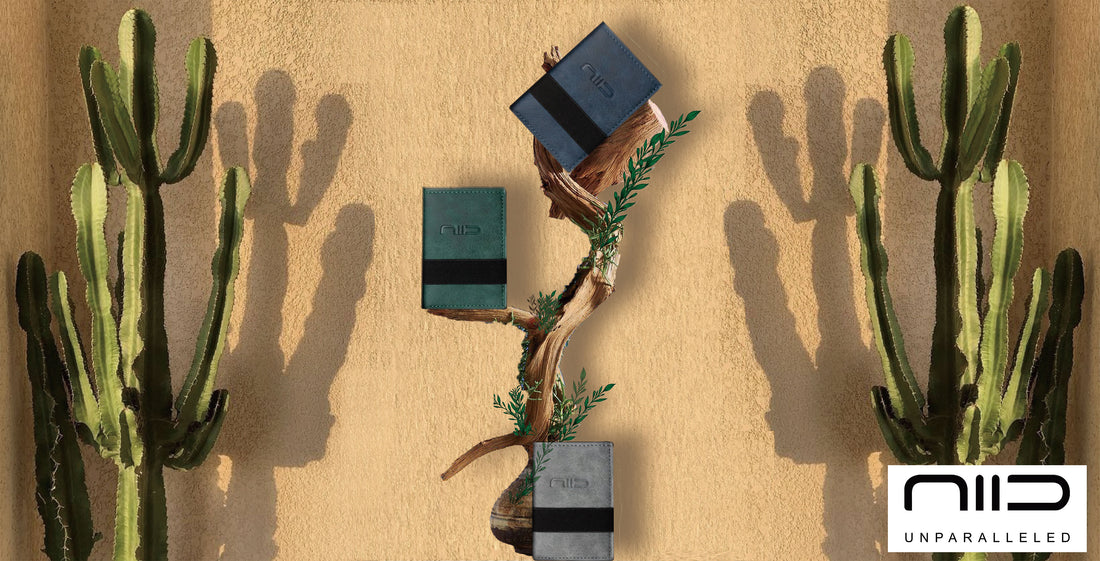
What is vegan leather? Protect the earth and move towards the cutting edge of trends
share
Is vegan leather already a trend? Is vegan leather better for the environment than animal leather? Let’s explore together!
Vegan leather significantly reduces environmental burden
Vegan leather means no animals are used as a material at all. Compared with animal leather, vegan leather does not require skinning of animals and cruel slaughter. Instead, it uses renewable or recyclable raw materials, such as apple peels, wood fibers, fruit shells, recycled plastics, etc. And vegan leather does not require large amounts of water and chemicals to process and dye, and the manufacturing process does not emit large amounts of greenhouse gases and pollutants. It follows that using vegan leather to create a variety of products such as handbags, shoes, and clothes is a more ethical and sustainable choice.
Vegan leather has greater durability and antibacterial properties
Vegan leather is typically water-resistant and stain-resistant, and does not require the use of special leather care products, making it easier for consumers to maintain and clean. Meaning vegan leather is easier to maintain its beauty and excellent quality.
In addition, vegan leather gives designers greater design space and can design different textures, styles, patterns and textures in response to market needs and preferences.
Examples of vegan leather
The NIID Slide Mini Wallet II is a great example, using vegan leather as its material. Not only does this wallet look stylish, it's also extremely durable. By using vegan leather, NIID not only focuses on product quality and design, but also on environmental protection.
All in all, vegan leather not only offers a sustainable and environmentally friendly option, but also meets the market’s demands for style and quality. So, if you care about animal welfare and the planet, vegan leather is definitely an option worth considering.

1 comment
This discussion about vegan leather and its environmental benefits is both timely and important! The shift towards using vegan leather represents a significant step forward in reducing our ecological footprint and promoting more ethical practices in the fashion and accessories industries. Telkom University Jakarta